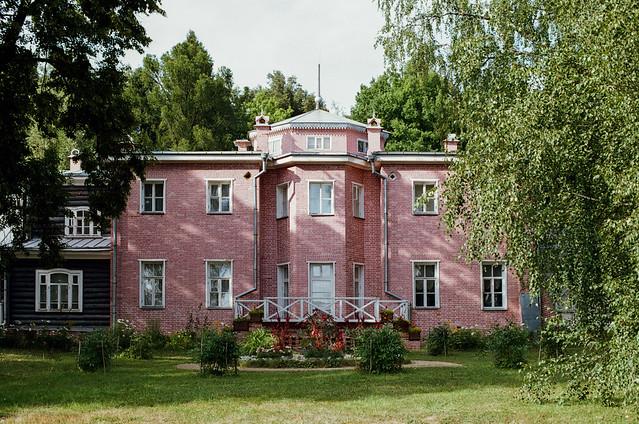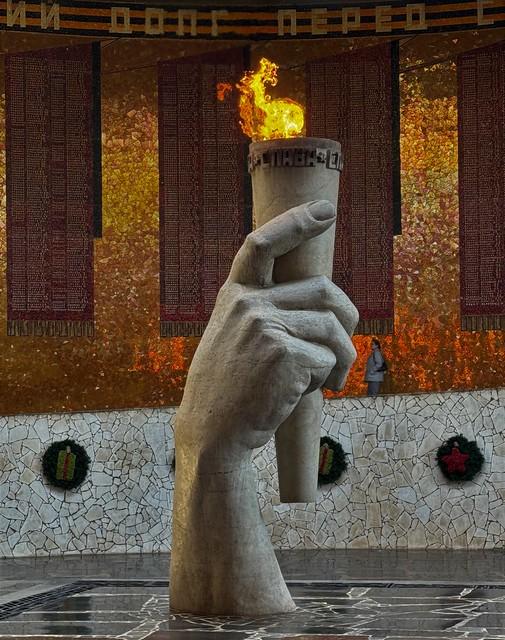
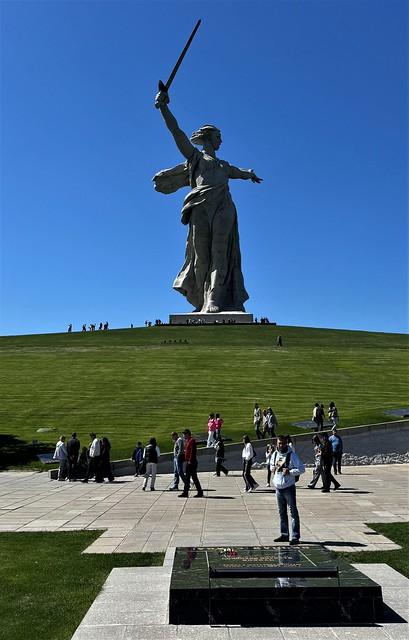
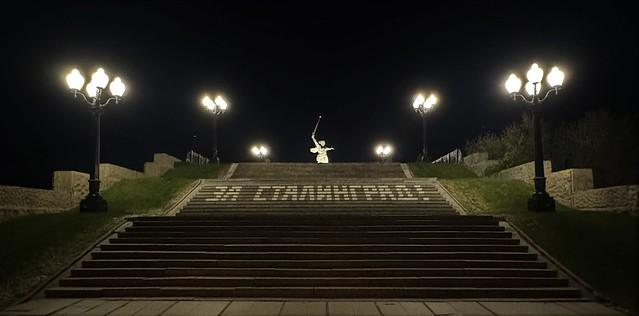
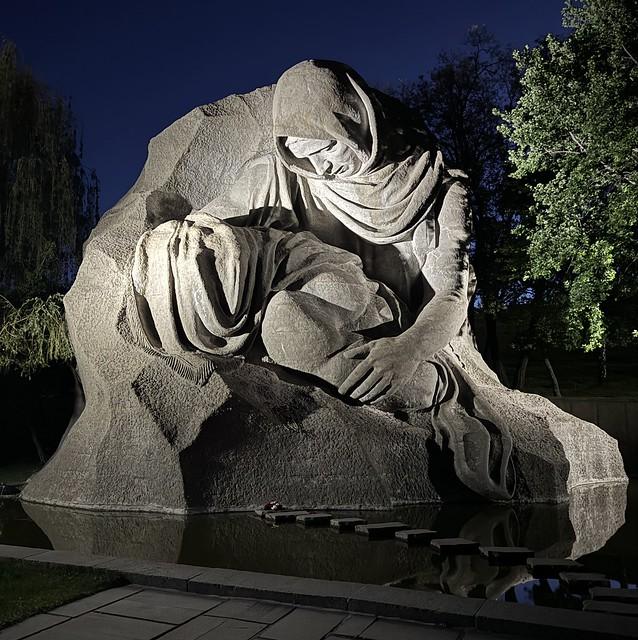
Kurgan
Overview
Historical Significance
Kurgan, the administrative center of Kurgan Oblast, boasts a rich tapestry of history that dates back to the 16th century. Originally founded as a fort to protect the southern borders of Siberia, the city has evolved into a vibrant urban center. Its name is derived from the word “kurgan,” which means “barrow” or “tumulus” in Russian, reflecting the region's ancient burial mounds. Throughout its history, Kurgan has been influenced by various cultures and events, from the establishment of the Trans-Siberian Railway in the 1890s to its role in the industrialization of the Soviet era.
Cultural Heritage
The culture of Kurgan is a blend of traditional Russian elements and the diverse influences of the indigenous peoples of the Ural region. Travelers can explore this cultural richness through local art galleries and museums, such as the Kurgan Regional Museum of Local Lore, which features exhibits on ethnography, archaeology, and the natural history of the area. The city celebrates various festivals throughout the year, showcasing folk music, dance, and cuisine, allowing visitors to immerse themselves in the local culture. The annual Kurgan City Day is a particularly vibrant event, featuring parades, performances, and community activities that highlight the city's spirit.
Atmosphere and Architecture
Kurgan presents a unique atmosphere that fuses a sense of historical depth with the energy of modern life. As you walk along the tree-lined streets, you will encounter a mix of Soviet-era architecture and contemporary buildings. Notable structures include the impressive Kurgan Railway Station, adorned with classic Soviet design, and the majestic Cathedral of the Assumption, which showcases neo-Byzantine architectural style. The city's parks and gardens, such as Gagarin Park, offer serene spots to relax and enjoy the outdoors, often filled with families picnicking or children playing.
Local Characteristics
The local character of Kurgan is marked by the warmth and hospitality of its residents. The city is home to a diverse population, including ethnic Russians, Tatars, and Bashkirs, contributing to a rich culinary scene. Visitors can indulge in traditional Russian dishes at local eateries, such as pelmeni (dumplings) and borscht (beet soup), or try regional specialties like kumys (fermented mare’s milk). The city is also known for its vibrant marketplace, where vendors sell fresh produce, handmade goods, and regional crafts, providing a perfect opportunity to engage with locals and experience the daily life of Kurgan.
Natural Beauty
Surrounded by picturesque landscapes, Kurgan is an excellent starting point for exploring the natural beauty of the Kurgan Oblast region. The nearby Tobol River offers opportunities for fishing, boating, and leisurely walks along its banks. The region is characterized by its steppe landscapes and forests, making it ideal for hiking and birdwatching. In the winter months, visitors can enjoy winter sports in nearby areas, embracing the Russian winter's charm. Nature lovers will appreciate the tranquility and scenic views that are easily accessible from the city.
Transport and Accessibility
Kurgan is well-connected by rail and road, making it an accessible destination for travelers exploring the Ural region. The city serves as a significant junction on the Trans-Siberian Railway, which provides convenient connections to major cities such as Yekaterinburg and Tyumen. The local bus service is reliable and offers a great way to navigate the city and its surrounding areas. For those interested in a more adventurous journey, Kurgan's position allows for easy access to the vast expanses of Siberia, making it a perfect stop for those looking to delve deeper into the heart of Russia.
Other towns or cities you may like in Russia
Explore other cities that share similar charm and attractions.



